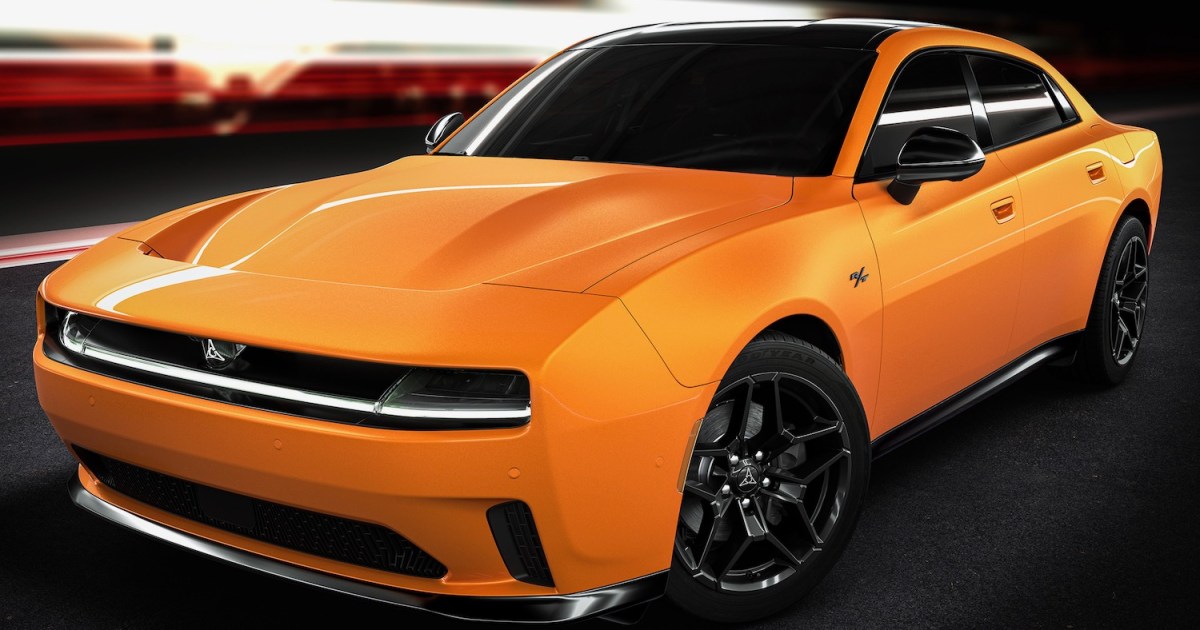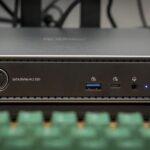The battle to bring cheaper, more efficient, and safer EV batteries, is heating up among automakers.
At the heart of this battle, the development of solid-state battery technonology, an alternative to highly-flammable and costly lithium batteries, is garnering more and more attention.
For proof, Stellantis, the world’s fourth largest automaker, is betting on the technology for its next-generation of electric vehicles.
The Netherlands-based company announced that it will launch a demonstration fleet of Dodge Charger Daytona EVs that will feature solid-state battery tech made by U.S. start-up Factorial.
The demo fleet, expected to launch by 2026, will provide a real-word assessment of Factorial’s technology, the companies said. Factorial has been partnering with Stellantis since 2021, and is also partnering with the likes of Daimler AG’s Mercedes Benz and Hyundai.
Besides Dodge, the technology would eventually be deployed on Stellantis’ STLA Large multi-energy platform, which includes brands as Jeep, Chrysler, Alfa Romeo and Maserati.
Stellantis said that the integration of solid-state battery technology will yield “improved performance, longer driving ranges, and faster charging times in the coming years.”
Factorial, meanwhile, says its technology provides higher energy density, reduced weight, improved performance and a potential for further reduction in total vehicle cost over time.
Stellantis, Daimler and Hyundai aren’t the only ones to bet on solid-state battery tech: Toyota, the largest automaker in the world, has heavily invested in the technology. It also created a coalition with Nissan and Panasonic to boost its production in Japan.
So far, making solid-state batteries has remained an expensive endeavor, industry experts say. But steps such as Stellantis’ demo fleet, and production at scale by the likes of Factorial, are expected to improve manufacturing processes and costs over time.
Other automakers, meanwhile, are working on ways to improve lithium batteries. Volkswagen, for one is developing its own unified battery cell in several European plants as well as one plant in Ontario, Canada.
Read the full article here














